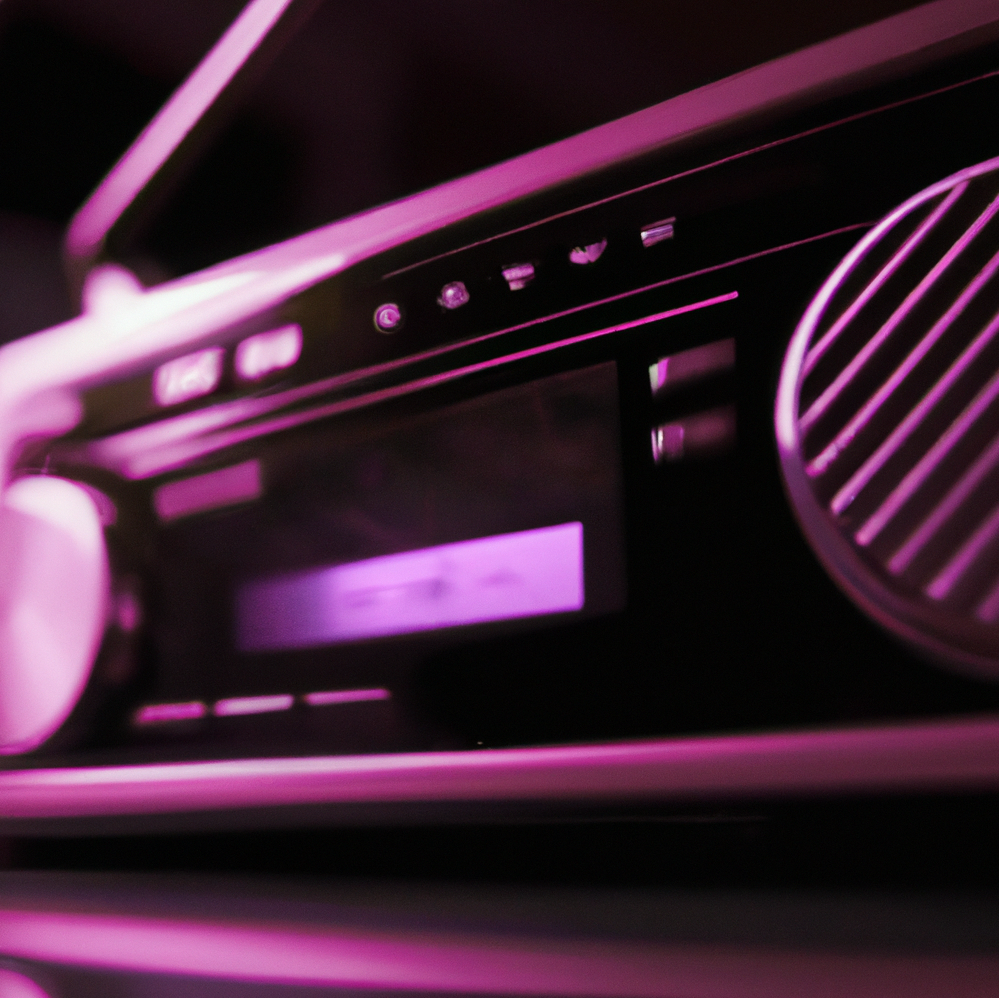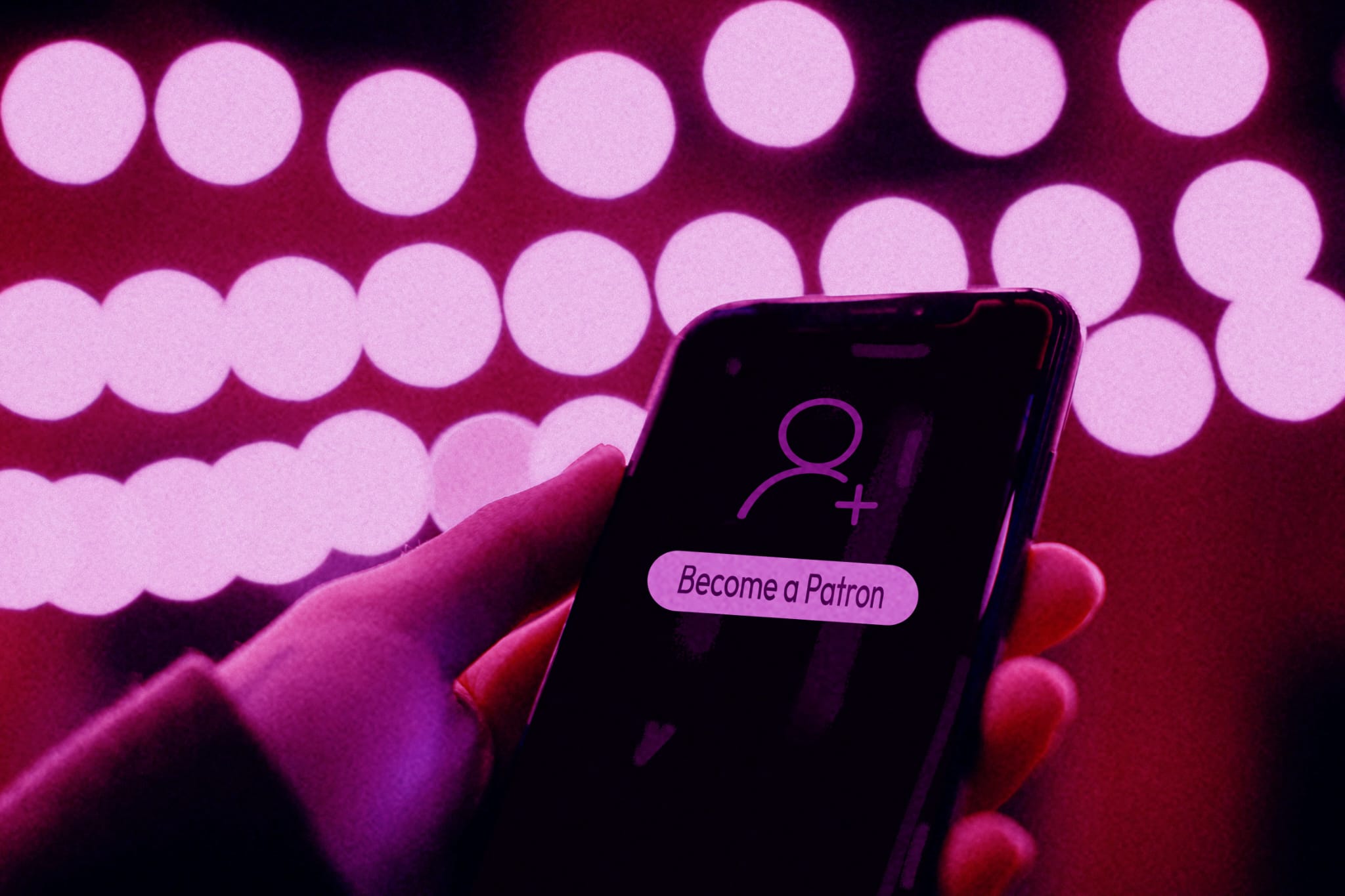Why Professional Musicians Should Join A Performing Rights Organisation ASAP
Full disclosure: To go into the PRO (Performing Rights Organisation) topic in detail could take a minute and would also have to be adapted depending on where you are located in the world or where you release your music…
Fortunately, PROs (which stands for Performance Rights Organisations) worldwide operate on the same fundamental principle. But what is this principle and what does it mean? And why is it important that you register with one of these organisations?

The Basics of PROs
Performance Rights Organisations have been established to represent artists, advocate the rights of artists and songwriters, and also collect royalties on behalf of individual artists or artistic entities. PROs came into existence after artists and their allies recognised that music has value beyond simply being sold to one listener.
Let’s bring all this information into perspective. Say I sold my album to a radio DJ who then goes on to play a few tracks on their radio show. In this case, my songs would be heard by the people who tune in to the radio show.
Without PROs, the only income I would have generated from my music would be the original sale to the radio DJ. This would be unfair, especially given that radios use the music they play to attract advertisers.
So the Performing Rights Organisations – PRS, PPL, ASCAP, etc. – negotiated systems in which any company or premises that use music pay a licence fee. This is then distributed – to a greater or lesser degree of accuracy – to the people who made the music, who wrote the music, or who performed the music in the studio.
In the case of the radio example, legit radio stations pay a blanket licence covering the works registered to a specific Performing Rights Organisation. When a radio station plays a particular song, the broadcaster must pay a fee every time that track is broadcast to an audience.
Performing Rights Organisation vs Publisher: What’s the difference?
First off, it’s important to establish that Performing Rights Organisations are not publishers. However, they work with publishers on behalf of artists – as publishers usually have the right to sell the licences of artists on their roster.
The publisher registers the works with a Performing Rights Organisation – and the PRO works as the publisher’s money collection agency and ensures the publisher is paid every time a song is broadcast or played in public. After this whole process, the publisher distributes some of the money to the artist – after taking a cut, of course. In most cases, it’s a 50-50 split – but this largely depends on the complexity of the publishing contract.
Final Notes
If you’re an independent artist or songwriter who wants to maximise their songs’ monetary potential, it may be a good idea to register with a PRO. However, there are several “hurdles” that need to be overcome: firstly, membership costs.
The Performing Rights Organisation PRS gives an overview of how often your song needs to be played to recoup the initial fee, i.e. one play on a BBC 1 primetime show, five plays on BBC Radio 1 and 150 plays on an independent local radio station. In addition, you should consider that the PRO acts legally on your behalf.
This could lead to some legal challenges if you’re suing someone for copyright infringement, etc. Before registering, be sure to read the Terms and Conditions, and make sure you’re at a point in your career where the advantages of joining a Performance Rights Organisation are greater than the disadvantages.






